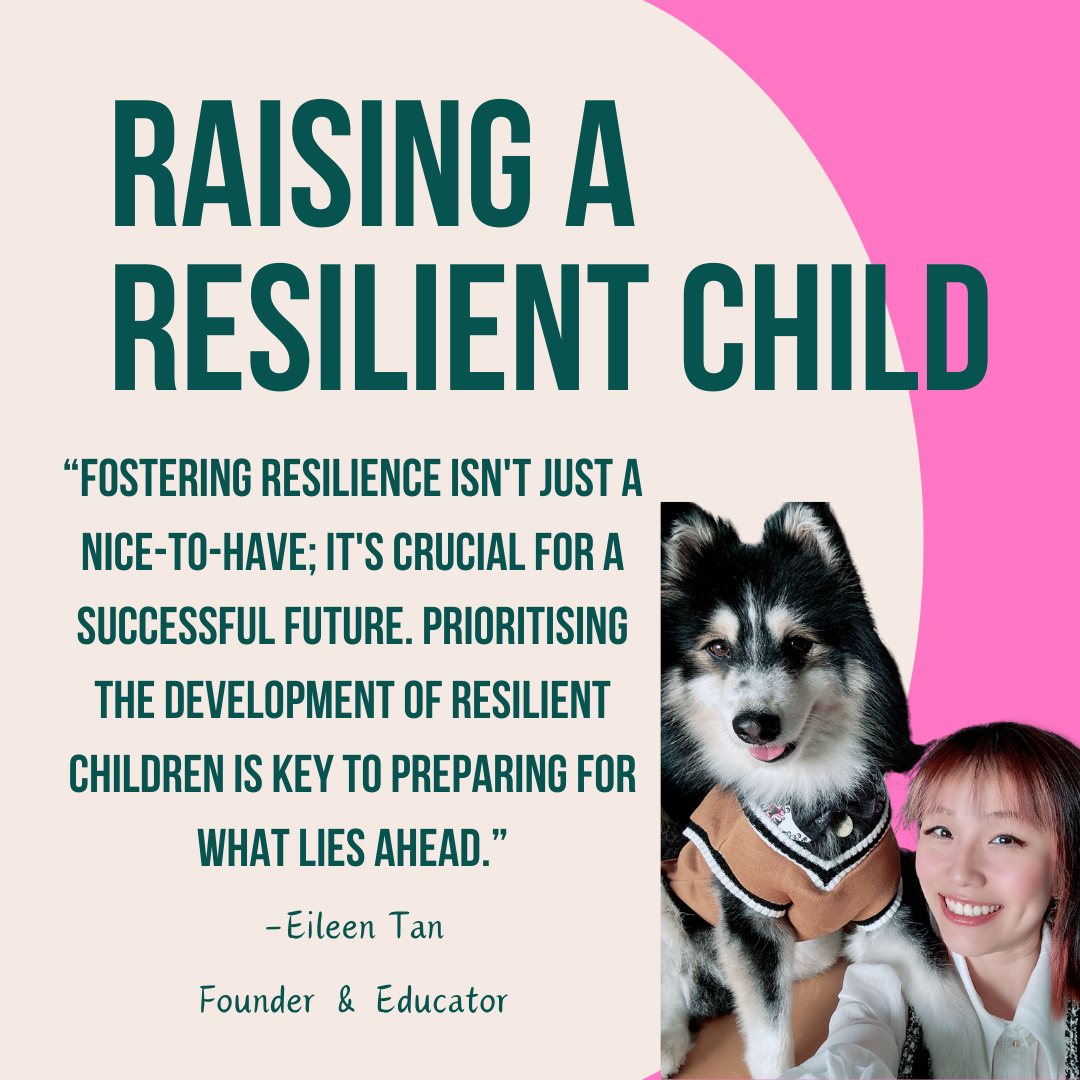How do we nurture a resilient mindset and behaviours in our children? It all starts with us—adults, parents, and caregivers. Developing self-awareness is crucial; shaping our mindset and actions can guide us in raising resilient children.
These guideposts serve as tools to strengthen the resilient mindset in children. Remember, mindful parenting demands ongoing thought and reflection to enhance our awareness of our parenting behaviours.
Empathy
Connection
Consistency
Positive scripts
Mutual Respect
Celebrate success
Acceptance
Developing Responsibility and Independence
Developing Problem-Solving Skills and Decision Making Skills.
Self-Discipline and Self-Worth
Let’s delve into a brief overview of each point to provide you with a clearer understanding before we explore each one more deeply in our upcoming blog posts over the next few weeks.
Empathy
“In the parenting relationship, empathy is the capacity of parents to put themselves inside the shoes of their children and to see the world through their eyes. Empathy does not imply that you agree with everything your children do, but rather that you attempt to appreciate and validate their point of view.” (Robert Brooks, Ph.D & Sam Goldstein, Ph.D)
Example: Jane, a shy six-year-old, was often told by her parents to say hello when encountering friends or neighbours. Yet, Jane would hide behind her mother. Her parents insisted that it would be considered rude if she didn’t greet others and she would not be liked by people. Unfortunately, they failed to acknowledge her anxiety in uncomfortable situations.
How could the parents react instead?
They could acknowledge their shy daughter’s struggle and express understanding by sharing with their shy daughter that many kids find it difficult to say hello and that they would be of whatever help he could so that it might become easier for her to greet people in the future.This statement validates the child’s experience in a nonjudgmental manner and instills hope for positive change.
Connection
Making connections with our children means giving them full attention and being present for them. “Effective communication involves active listening to our children understanding and validating what they are attempting to say, and responding in ways that avoid power struggles by not interrupting them, by not telling them how they should be feeling, by not putting them down, and by not using absolutes such as always and never in a demeaning fashion (e.g., “You never help out”; “You always don’t listen”).” (Robert Brooks, Ph.D & Sam Goldstein, Ph.D)
Consistency
Consistency is crucial, especially in setting expectations, because it establishes a predictable and stable environment for children. When expectations are consistently communicated and enforced, children develop a clear understanding of what is expected of them in various situations. This clarity helps foster a sense of security and confidence, as children know what to anticipate and how to navigate their surroundings. Moreover, consistent expectations provide a framework for learning and behaviour, allowing children to internalise values and rules over time. This reliability in guidance contributes to the overall development of responsibility, resilience, and a positive sense of self in children.
Positive Scripts
Positive scripts mean using positive language when communicating with our children. For instance, rather than saying “Don’t run!”, opt for the positive alternative of “Please walk.” This not only fosters positive communication but also sets a clear expectation for the desired behaviour.
Mutual Respect
Mutual respect between children and parents is vital as it lays the foundation for positive and healthy relationships. When parents treat their children with respect, it cultivates a sense of dignity and self-worth in the child. This reciprocal respect teaches children valuable lessons about interpersonal relationships, communication, and empathy. Importantly, it helps shape the child into a respectful individual, emphasising that respect is not contingent on age or seniority but is a fundamental aspect of human interaction based on equality. Establishing mutual respect fosters open communication, trust, and cooperation, creating a harmonious family environment and contributing to the child’s overall development into a responsible and considerate person.
Celebrate Success
“Resilient children do not deny the problems they face, but they recognize and focus on their strengths.” (Robert Brooks, Ph.D & Sam Goldstein, Ph.D)
Success doesn’t necessarily mean winning an award or being the first in school; it can be found in the little progress they have made. It is crucial to help children recognize and acknowledge their efforts and appreciate their strengths. When children discover their strengths, they become more willing to confront even those areas that have proven challenging for them.
Acceptance
Accepting their children’s unique temperament is one of the most challenging leaps for parents. However, when this acceptance is embraced, parents can effectively establish expectations and goals that align with the child’s temperament.
Embracing mistakes also aids your children in perceiving them differently. Resilient children see mistakes as opportunities for learning and growth. Conversely, non resilient children tend to view mistakes as indicators of failure.
Developing Responsibility and Independence
How do we instill responsibility in our children? It begins early, right at home. Many children eagerly engage in tasks like feeding themselves and tidying tables. Parents who support and guide their children in enhancing these self-help skills with safe and achievable tasks not only foster confidence and independence but also heighten their children’s awareness of life. Conversely, parents who inadvertently do everything for their children may unintentionally hinder their capabilities and learning experiences.
Developing Problem-Solving Skills and Decision Making Skills.
“Resilient children are able to define problems, consider different solutions, attempt what they judge to be the most appropriate solution, and learn from the outcome.” (Robert Brooks, Ph.D & Sam Goldstein, Ph.D)
To develop these skills, parents need to be mindful not to tell their children what to do. Instead, involve them in thinking about possible solutions, facilitate the process and engage in a discussion about the problem and its resolution. When children formulate their own plans of action with parental guidance, it reinforces their sense of ownership and control.
Self-Discipline and Self-Worth
“The word discipline relates to the word disciple and thus is a teaching process.”(Robert Brooks, Ph.D & Sam Goldstein, Ph.D)
How we discipline our children can either bolster or undermine self-esteem, self-control, and resilience. One of the main goals of discipline is to create a safe and secure space for children. Another is to nurture self-discipline and self-control in children. This involves taking responsibility for one’s behaviour.
Fostering resilience isn’t just a nice-to-have; it’s crucial for a successful future. Prioritising the development of resilient children is key to preparing for what lies ahead.




